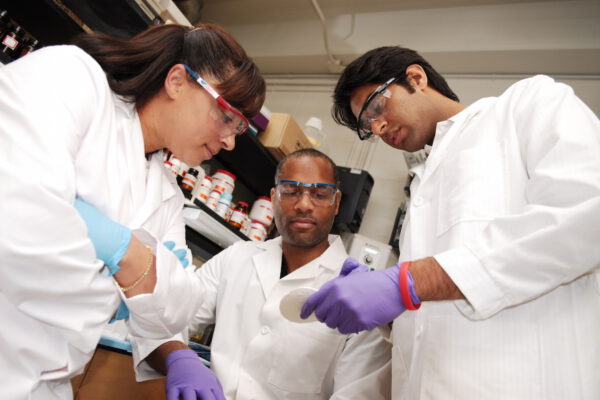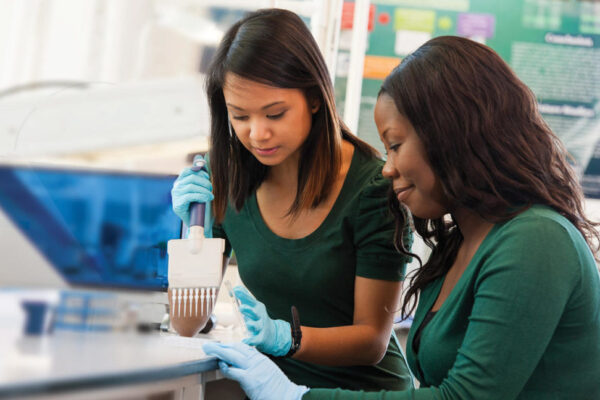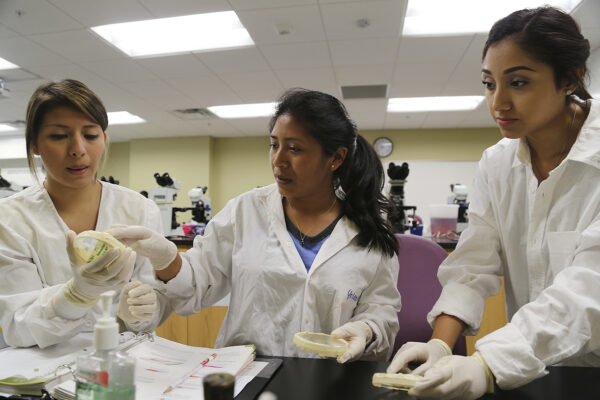USC Releases Report on Initiative for Improvement in STEM Learning Environments
Title: Scaling Improvement in STEM Learning Environments: The Strategic Role of a National Organization
Author: Adrianna Kezar
Source: Association of American Universities and the University of Southern California’s Pullias Center for Higher Education
Research has shown the effectiveness of student-centered, evidence-based teaching as a way to improve undergraduate science, engineering, technology, and math (STEM) education.
With support from the National Science Foundation, the Association of American Universities (AAU) in 2011 launched an initiative with its member institutions to guide STEM departments in using these practices to help shift pedagogy in STEM education to a student-centered, evidence-based approach. A recent report from the University of Southern California’s Pullias Center for Higher Education summarizes the key findings from the AAU initiative and provides recommendations to guide institutions when making cultural and instructional changes to support the success of undergraduates enrolled in STEM programs.
Click here for the full report.
If you have any questions or comments about this blog post, please contact us.


